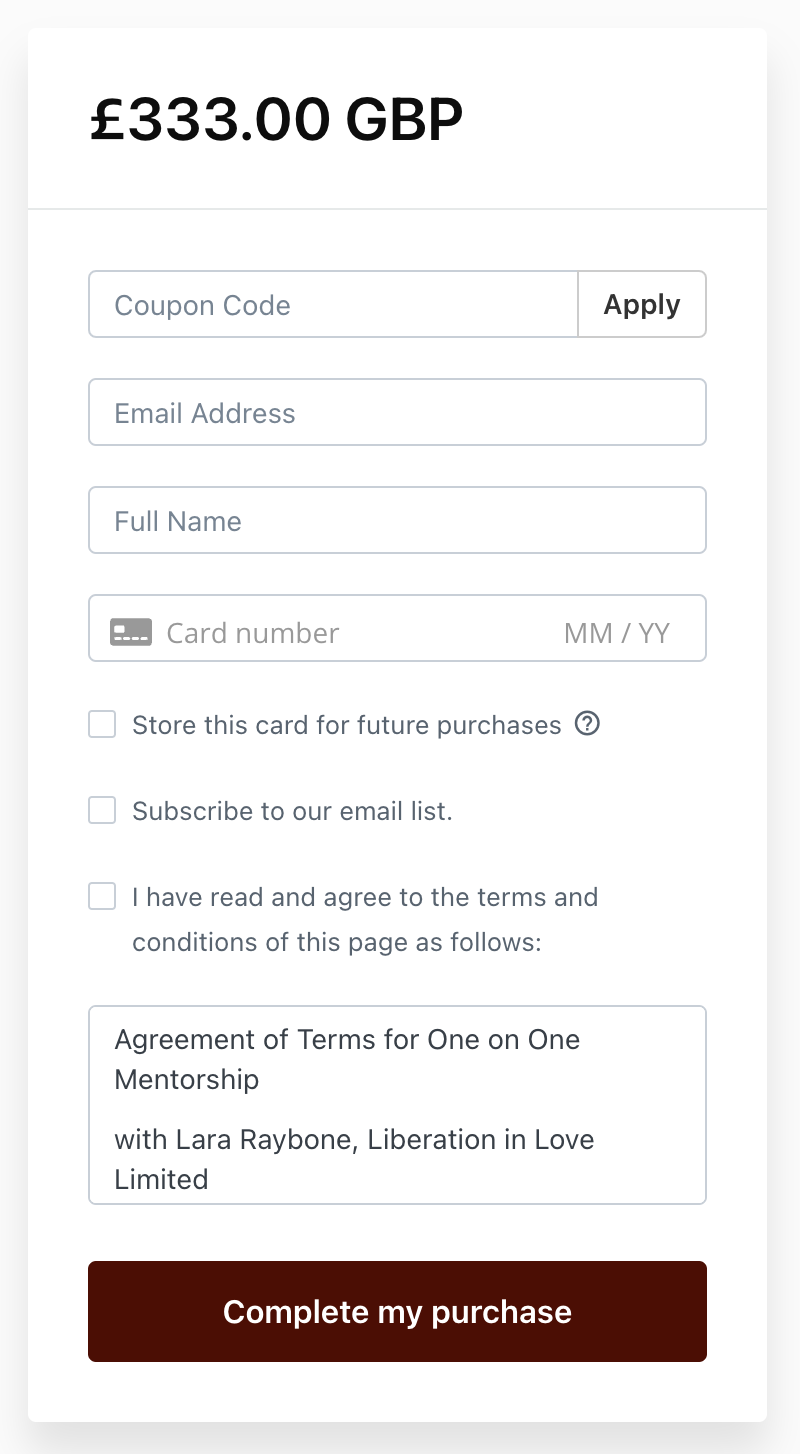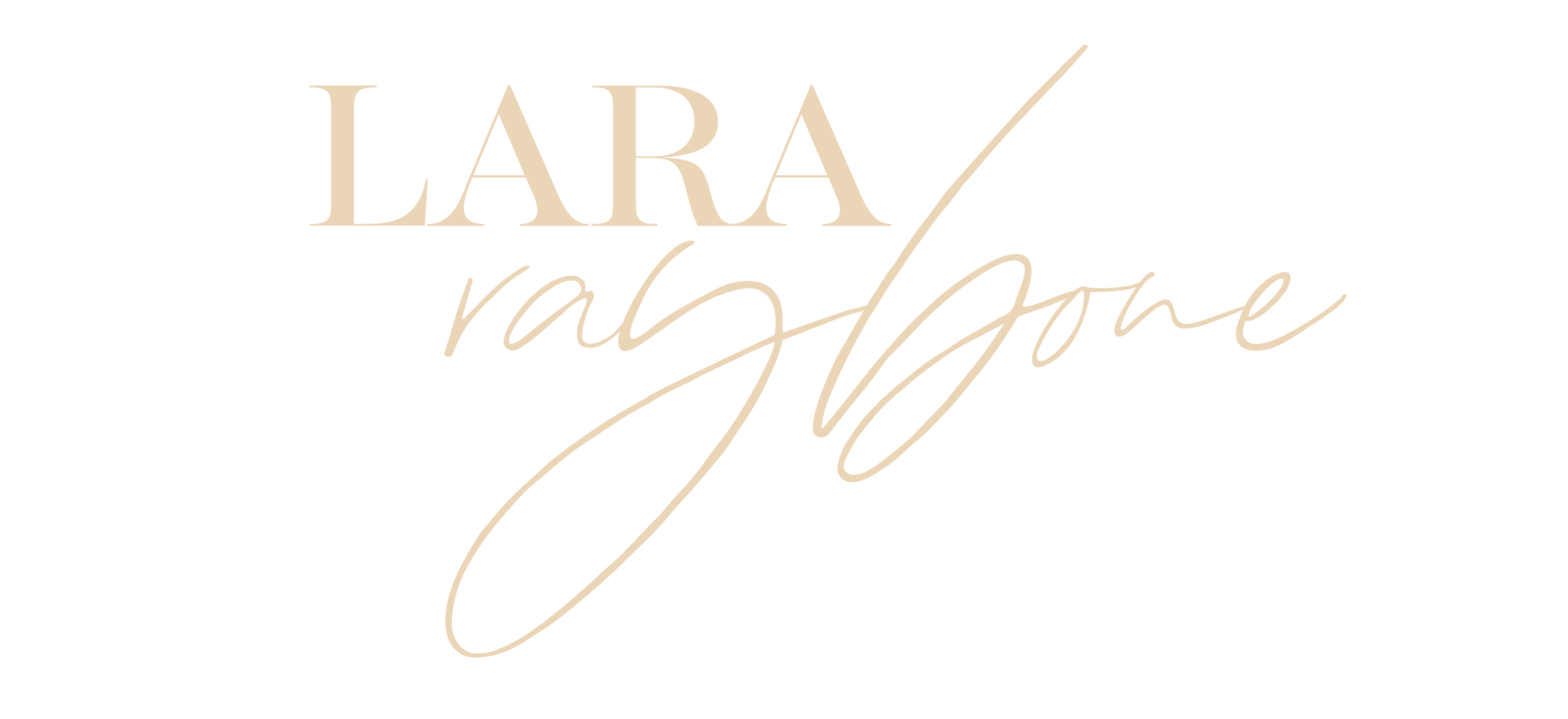Embracing the path you’re on can be a daunting task, especially when the future seems uncertain and the road ahead is unclear. Trusting your journey involves letting go of the need for control and embracing the unpredictability of life with confidence. It’s about understanding that every step, whether it feels like a move forward or a setback, is an essential part of your personal growth. In this discussion, we will explore practical ways to cultivate trust in your journey, highlighting how each experience contributes to shaping who you are. Join us as we delve into strategies for embracing the unknown and finding assurance in the path you are on.
Understanding Your Unique Path
Recognizing Individual Differences
Recognizing individual differences is crucial when learning to trust your journey. Each person’s path is uniquely shaped by their experiences, values, and aspirations. What works for one person may not necessarily work for another. Embrace your individuality by acknowledging that your journey will not mirror anyone else’s. This understanding helps in setting realistic expectations and reduces unnecessary comparisons. It is important to focus on your own strengths and weaknesses and to use them as a guide for personal growth. Cultivating a mindset that values your unique path encourages self-compassion and patience. Recognizing these differences also allows you to appreciate diverse perspectives and learn from others without feeling the pressure to conform. Remember, your journey is a reflection of your personal narrative, molded by your choices and circumstances, and it deserves to be respected as such.
Embracing Life’s Unpredictability
Embracing life’s unpredictability is a key aspect of trusting your journey. Life seldom unfolds exactly as planned, and unexpected turns are a natural part of the process. Accepting this uncertainty can be liberating, as it encourages flexibility and adaptability. Instead of fearing the unknown, view each surprise as an opportunity for growth and learning. This mindset helps you remain open to new experiences and ideas, fostering resilience in the face of challenges. It also reduces the stress associated with rigid expectations. By acknowledging that unpredictability is inherent in life, you can focus on making the most of the present moment rather than worrying about an uncertain future. In doing so, you cultivate a sense of peace and acceptance, allowing you to navigate your path with confidence. Remember, it’s often the unexpected events that contribute most significantly to personal growth and self-discovery.
This 7 week programme is an embodied exploration, of the facets of the feminine, through the lens of sexuality. Click the image below to book your place.

Overcoming Doubts and Fears
Confronting Self-Doubt
Confronting self-doubt is an essential step in overcoming the fears that hinder your journey. Self-doubt often arises from a fear of failure or not measuring up to expectations, both external and internal. To address this, start by acknowledging your doubts rather than ignoring them. Understand that these feelings are normal and part of the human experience. Reflect on your past achievements and the challenges you’ve already conquered to remind yourself of your capabilities. Challenge negative thoughts by assessing their validity and replacing them with positive affirmations. It can also be helpful to seek feedback from trusted friends or mentors who can offer a balanced perspective. Remember, self-doubt is not a permanent state; it can be managed by nurturing self-belief and confidence. By actively confronting and questioning your doubts, you empower yourself to move forward with greater assurance and commitment to your path.
Dealing with External Pressures
Dealing with external pressures is crucial when striving to overcome doubts and fears on your journey. These pressures often stem from societal expectations, family obligations, or peer influences. To manage them, it’s important to establish clear personal boundaries and prioritize your values over others’ opinions. Recognize that trying to meet every expectation is neither feasible nor necessary. Instead, focus on what genuinely matters to you and aligns with your goals. Practice assertive communication to express your needs and limits with others. This approach fosters respect and understanding. Additionally, surround yourself with supportive individuals who encourage your authentic self and provide constructive feedback. It’s also helpful to periodically reassess your priorities to ensure they reflect your evolving aspirations. By consciously detaching from external pressures, you can reduce stress and maintain clarity in your decision-making. Ultimately, this empowers you to pursue your path with confidence and resilience, free from unwarranted influences.
Building Confidence in Your Decisions
Learning from Past Experiences
Learning from past experiences is vital for building confidence in your decisions. Every previous choice, whether successful or not, offers valuable insights that can inform future actions. Begin by reflecting on past decisions without judgment, focusing on what worked well and what didn’t. Identify patterns in your decision-making process, noting any recurring mistakes or triumphs. This reflection allows you to understand your strengths and areas for growth. It also helps you develop a more informed perspective when faced with new challenges. Embrace the lessons learned from setbacks as opportunities for growth, rather than as failures. This mindset shifts your focus from regret to resilience. Moreover, using past experiences as a guide encourages a proactive approach to decision-making. It instills a sense of preparedness and confidence, knowing that each choice contributes to your personal and professional development. Ultimately, learning from the past empowers you to make decisions with greater assurance and insight.
Trusting Your Instincts
Trusting your instincts is a fundamental component of building confidence in your decisions. Intuition, often described as a gut feeling, is the subconscious synthesis of your experiences, knowledge, and emotions. Learning to listen to this inner voice can guide you in making choices that align with your true self. Start by paying attention to how different options make you feel. Often, your body will react to situations in ways your conscious mind may not immediately comprehend. Practicing mindfulness can enhance your ability to recognize these instinctual responses. Additionally, distinguish between fear-driven impulses and genuine intuition by considering whether your instinctual response persists over time or dissipates. Trusting your instincts also involves accepting that not every decision will be perfect, but that each choice is a step towards learning and growth. By valuing your intuition, you reinforce self-trust, enabling you to make decisions with confidence and align your actions with your authentic values.
Cultivating a Positive Mindset
Focusing on Growth and Progress
Focusing on growth and progress is essential for cultivating a positive mindset. This approach emphasizes the value of continuous learning and improvement over the pursuit of perfection. Start by setting realistic and incremental goals that challenge yet motivate you. Celebrate small victories as they occur, recognizing each as a step forward. This practice not only boosts morale but also reinforces the habit of progress. Additionally, embrace a mindset that views challenges as opportunities to learn rather than obstacles to fear. This perspective encourages resilience and adaptability, critical traits for personal and professional development. Reflect regularly on your growth journey, acknowledging how far you’ve come and identifying areas for further improvement. By concentrating on progress rather than perfection, you cultivate patience and self-compassion. This shift in focus allows you to maintain a positive outlook, even in the face of setbacks, ultimately fostering a mindset geared towards growth and continual evolution.
Practicing Gratitude Daily
Practicing gratitude daily is a powerful strategy for cultivating a positive mindset. Gratitude shifts your focus from what you lack to what you have, fostering a sense of contentment and well-being. Begin by setting aside a few moments each day to reflect on things you are thankful for. This could be as simple as appreciating a sunny day or the support of a loved one. Writing these reflections in a journal can enhance the practice, providing a tangible record of positivity to revisit during challenging times. Additionally, expressing gratitude to others can strengthen relationships and promote a positive environment. Over time, this practice can help rewire your brain to recognize and focus on positive experiences more naturally. By consistently acknowledging and appreciating the good in your life, you enhance your overall outlook, making it easier to face challenges with resilience and optimism. Gratitude becomes a foundation for a mindset that consistently seeks and nurtures positivity.
Incorporating Mindfulness Practices
Meditation and Reflection Techniques
Meditation and reflection techniques are vital tools for incorporating mindfulness into daily life. Meditation helps cultivate awareness and focus, enabling you to live more fully in the present moment. Start with short, guided sessions, gradually increasing the duration as you become more comfortable. Focus on your breath, allowing thoughts to pass without judgment. This practice encourages a calm and centered mindset, reducing stress and enhancing clarity. Reflection techniques complement meditation by providing structured time to consider your thoughts and experiences. Journaling is a popular method, offering a space to articulate your feelings and insights. Alternatively, consider reflective questioning at the end of each day, asking yourself what you have learned or appreciated. Both meditation and reflection foster a deeper understanding of yourself and your journey, promoting a more mindful approach to life. By integrating these практики, you enhance your ability to respond thoughtfully to challenges and embrace each moment with intention.
Developing Present Moment Awareness
Developing present moment awareness is a core aspect of mindfulness practices. This awareness involves fully engaging with the current moment rather than dwelling on the past or worrying about the future. Begin by incorporating simple упражнения into your daily routine, such as mindful breathing or eating. Focus on the sensations, smells, and textures you experience, allowing yourself to be entirely present. Another effective technique is the body scan, where you mentally check in with different parts of your body, noticing any tension or relaxation without judgment. Practicing present moment awareness helps reduce stress and anxiety, fostering a sense of calm and balance. It also enhances your ability to make thoughtful decisions, as you are less likely to react impulsively. By consistently practicing these techniques, you train your mind to stay grounded and attentive, making it easier to appreciate life’s simple pleasures and navigate challenges with clarity and composure.
